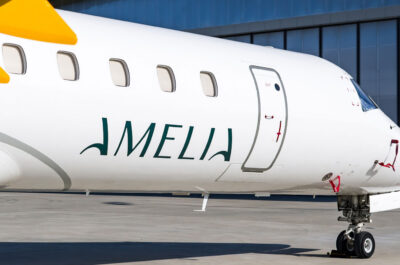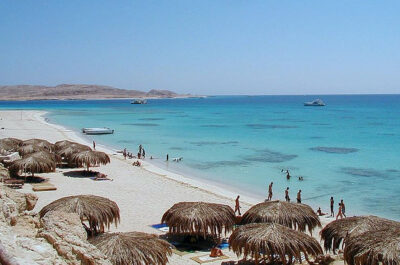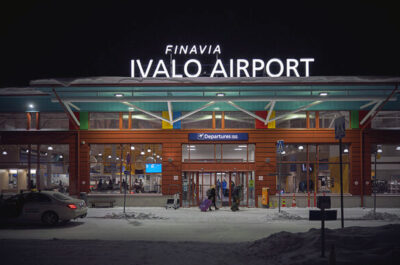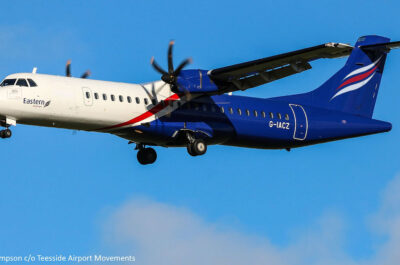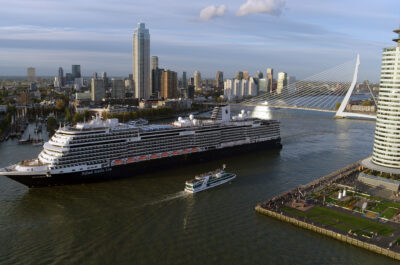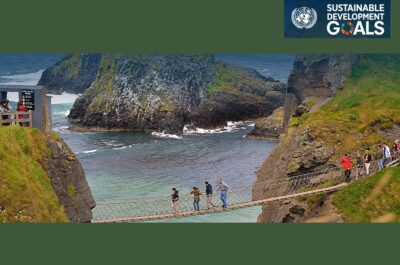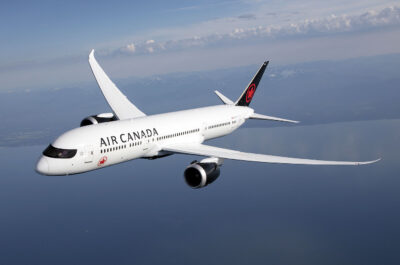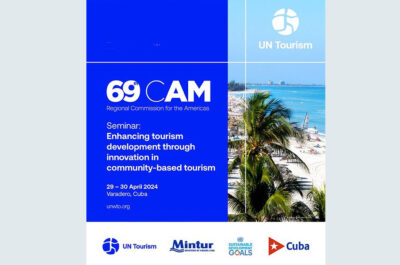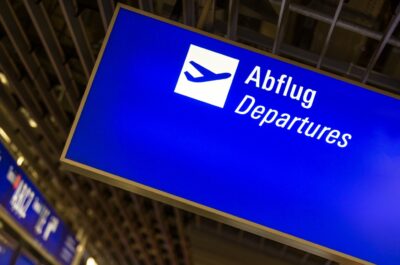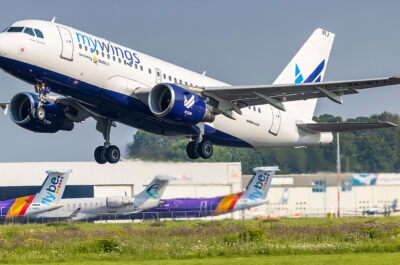Recovery of the tourism industry is already underway and the industry is expected to regain pre-crisis levels by the third or…
Recovery of the tourism industry is already underway and the industry is expected to regain pre-crisis levels by the third or fourth quarter of this year, according to the forecasts by the World Tourism Organization (
"Our industry has weathered the most serious crisis in its history and already we see light at the end of the tunnel," WTO Secretary-General Francesco Frangialli told members of the organization's Tourism Recovery Committee, meeting of the eve of the ITB tourism fair in Berlin last Friday.
"Tourism in January and February was significantly stronger than in November and December. We expect a staggered recovery to take place in Europe, Africa, the Western Mediterranean and the Caribbean between July and September," he said.
International tourists arrivals in 2001 slumped by 1.3 % to 688 million, the only significant decrease since World War II. Two factors combined to produce this decline: the global economic slowdown, which began at the end of 2000, and the tragic terrorist attacks on the United States on September 11.
A crisis committee was created by the WTO three weeks after the terrorist attacks to provide leadership and guidance to the industry during this difficult period. It includes some 21 tourism ministers from the countries most affected by the crisis, as well as 15 private sector leaders from the WTO Business Council, representing tour operators, transport companies and hotels. The group first met last November to share market information on the impact of the crisis and develop strategies to overcome it. Later the name of the group was changed to the Tourism Recovery Committee to better reflect the improving situation.
The committee, chaired by Egyptian Tourism Minister Mamdouh El Beltagui, met on Friday to take stock of the recovery and analyze some of the lessons learned over the past six months.
"The crisis has taught us how vulnerable the tourism industry is and how quickly consumers change their ways," said Dr. Beltagui. "But we have also seen an unprecedented phenomenon, with all parts of the tourism industry joining forces to overcome the crisis."
Governments have responded to the tourism slowdown in a variety of ways, including subsidies, tax breaks, shifts in marketing strategies and increased advertising. The world's major tour operators say these efforts are beginning to bear the fruit with a rekindling of tourism demand.
"The tourism industry has now passed the low point of the downswing," said Gunter Ilhau of Germany's Preussag Group. "January and February bookings have been lower than previous years but we see a gradual return of consumer confidence in both leisure and business travel."
Tour operators are optimistic because past experience has shown tourism to be one of the world's most resilient industries. They note that during the crisis travellers usually postpone trips rather than cancel them altogether, so that when the crisis winds down there is often a pent up demand that results in a mini travel boom.
While tourism demand is slowly returning, the crisis has changed the face of the airline industry forever. Overcome by massive cost impacts and sharp decline in demand, several well-known airlines that were already having financial trouble- such as Sabena, Swissair, Air Afrique and Ansett– have gone out of business. In Europe, their place is being taken by new low-fare airlines and regional operators, but in less developed parts of the world air transport remains a big problem for the tourism industry.
"Air service is a lifeline to growth for emerging states," said Geoffrey Lipman, special advisor to WTO on trade liberalization. "They need help in improving safety and recuperating from the crisis that they cannot afford, which is why pro-development support and foreign investment in air services is needed."
Participants agreed that fear of flying was now a marginal problem for the travel industry. The General Director of Turespana, Spain's tourism promotion agency, German Porras said lack of capacity on trans-Atlantic routes was a bigger problem for his country in boosting visitor numbers.
Ironically, the crisis seems to have helped underline the importance of tourism to national economies and has speeded up much needed improvements. Philippines Tourism Secretary Richard Gordon reported that his country has now made tourism a senior cabinet position and increased security to the point that Manila airport was recently chosen by the US Federal Aviation Administration (FAA) as one of the 10 safest airports in the world.
According to the Mexican Tourism Minister Leticia Navarro, the crisis has also offered unprecedented opportunities to communicate the positive aspects of the tourism industry- such as its ability to eliminate poverty and foster international understanding and peace.
Although tourism appears to be back on track, the committee agreed to maintain its momentum by continuing to cooperate. A special Euro-Mediterranean group has been set up on the initiative of Spain and Tunisia to encourage tourism cooperation between the countries of the European Union and northern Africa. The World Tourism Organization will also continue to provide assistance to member countries in the areas of marketing, communications and crisis
management.
Theodore is the Co-Founder and Managing Editor of TravelDailyNews Media Network; his responsibilities include business development and planning for TravelDailyNews long-term opportunities.




